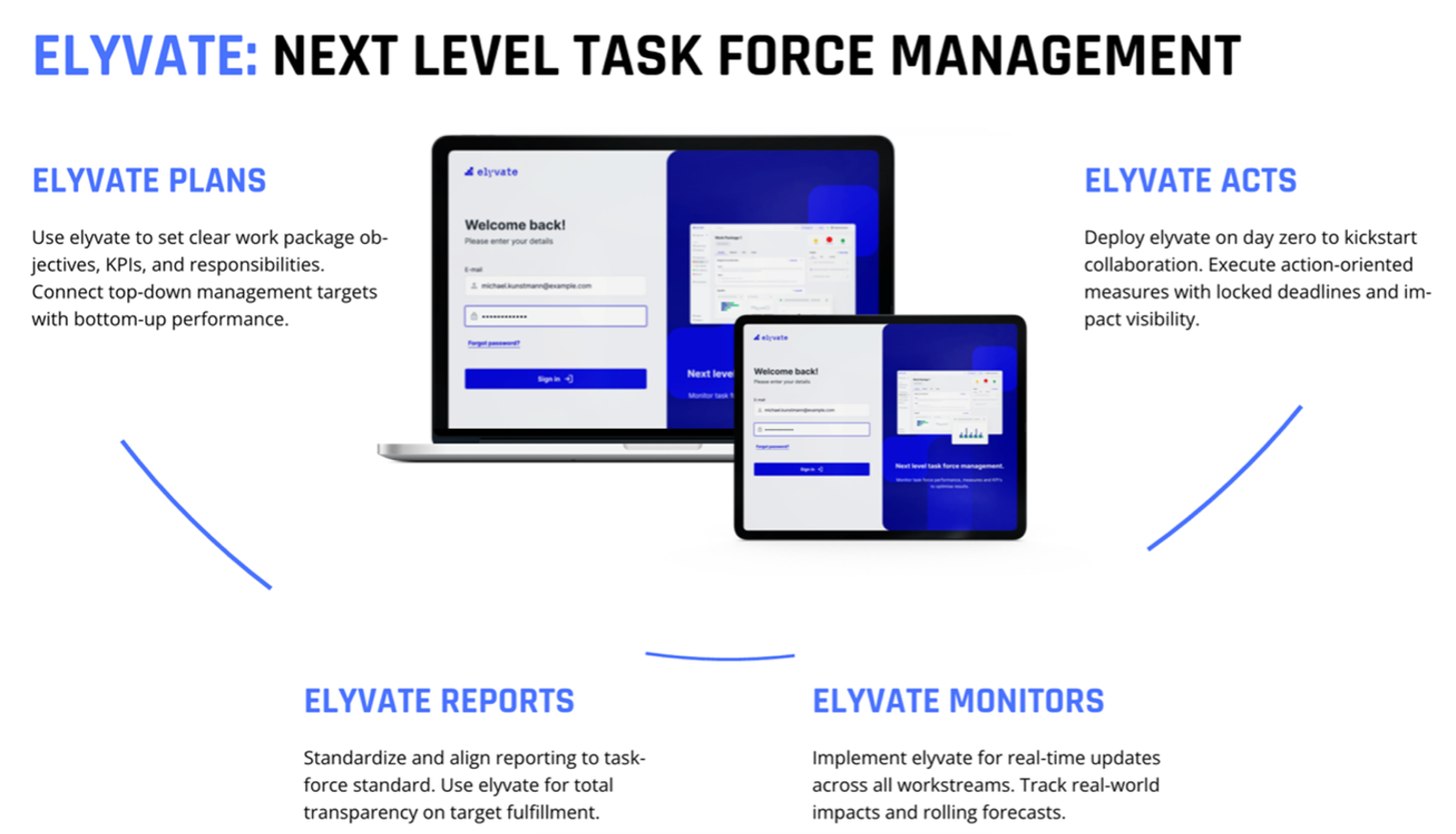Christian Kaiser (1978) is Partner and Head of IT at Berylls by AlixPartners (formerly Berylls Strategy Advisors), specialising in software and digitalisation. He started his career at DaimlerChrysler AG in 1997 and has 27 years of industry and consulting experience in the automotive sector and has worked as CDO, CIO and CEO in various international OEMs and software companies.
Mr Kaiser has also held roles as chairman or board member of various companies in the software industry.
At Berylls, he specialises in the areas of software defined vehicles, software development, digital business models, digital operating models and software task forces.
Christian holds a degree in ‘Business Economist (EBW)’ from the University of Applied Sciences Würzburg.
WANT TO DISCOVER MORE?
SEARCH

